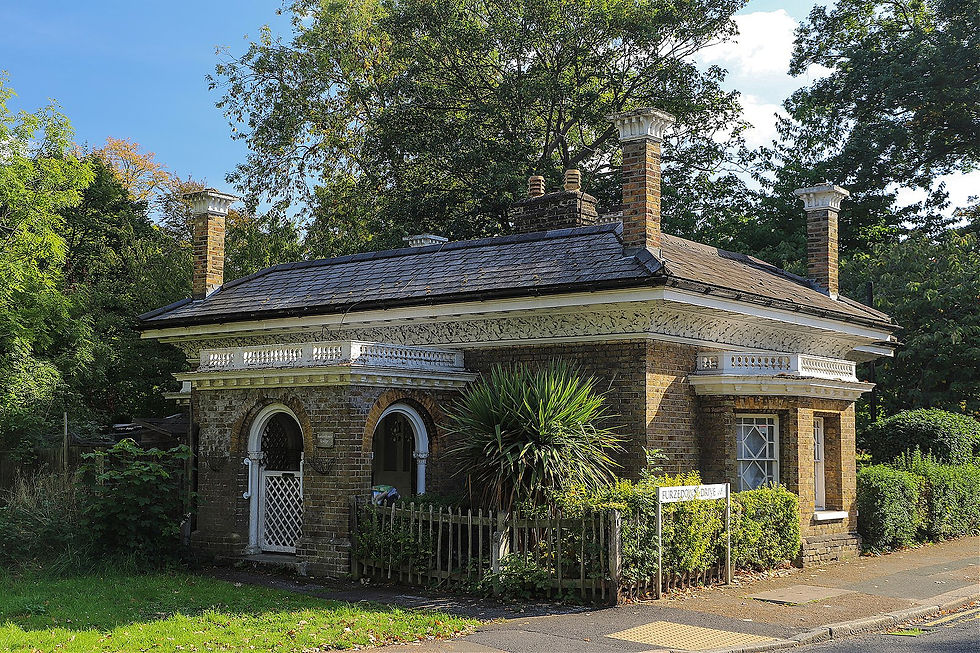Steps for a Smooth House Sale: Compliance and Safety Essentials
- The Furzedown Builder

- Nov 12, 2024
- 3 min read
Selling your home can be both exciting and challenging. To ensure a smooth transaction and avoid delays, it’s important to ensure your property meets all necessary requirements, particularly those related to safety and compliance. Here are some key points to check before putting your house on the market.

Image: Shutterstock
Verify Compliance Certificates
Building Regulation Compliance: If you’ve made changes or extensions, you need a compliance certificate, either through FENSA for windows or through local building control for other works. If any certificates are missing, like for windows that weren’t certified by FENSA, it’s possible to organize a Retrospective Building Regulation Compliance Certificate. This will save buyers the hassle and is often a must for mortgage approval.
Electrical and Gas Safety Certificates: If any electrical work has been done, ensure you have the appropriate certificates (e.g., Part P for electrical safety). For gas appliances, a Gas Safe certificate is recommended for buyer peace of mind.
Fire Safety Measures
Linked Smoke Alarms: Most buyers expect working smoke alarms, and some regulations require these to be interlinked, especially in larger properties or those with multiple levels. This feature boosts safety and can be a selling point, particularly for families.
Fireproof Corridors and Escape Routes: If your loft conversion or other areas are too open, as seen in some older properties, consider adding fireproof corridors or escape routes. Creating a fireproof corridor is a valuable addition that could be a deciding factor for buyers concerned about safety.
Energy Performance Certificate (EPC)
An EPC is legally required when selling a property in the UK, showing the energy efficiency of the home. If your EPC is outdated, you may want to update it, especially if you've made any energy-efficient upgrades. Homes with higher EPC ratings tend to attract more buyers, given the growing interest in energy efficiency.
Address Structural Concerns
Identify any Structural Weaknesses: Before listing, it’s beneficial to address structural issues or minor repairs that could come up in a buyer’s survey. For example, cracks in walls, damp areas, or plumbing and roofing issues could deter potential buyers.
Certify Loft Conversions or Extensions: If your home has undergone a loft conversion or an extension, ensure you have the completion certificates to verify the work meets building standards. Retrospective certifications can be obtained but take time, so tackle these early.
Confirm Planning Permissions for Alterations
Planning Permissions for Additions: Buyers may want to see permissions for any significant alterations, such as garage conversions, conservatories, or extensions. Ensure all these are readily available, as missing documentation can delay or even risk a sale.
Tidy Up Minor Repairs and Aesthetic Touch-Ups
Although not essential for compliance, small fixes can greatly impact a buyer’s perception. Addressing minor issues, such as cracked tiles, peeling paint, or overgrown gardens, can make your home appear more well-maintained and ready for its next chapter.
Organise Property Documents for Easy Reference
Buyers and solicitors will need quick access to various documents during the sale. Compiling paperwork for renovations, warranties, and appliance guarantees can make the process more straightforward and reduce potential delays.
By taking these steps, you not only improve the appeal of your property but also help ensure a smooth sale process. Buyers today are often more aware of safety, compliance, and energy efficiency, so providing these assurances can set your property apart.
These tips can make the process of selling a home smoother and more attractive to buyers who value a well-prepared property.
Good luck with your sale journey!



